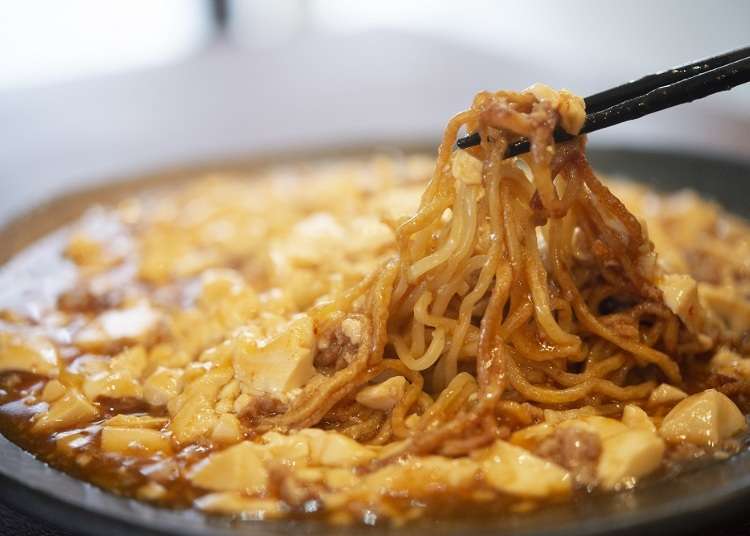
Sendai, the largest city in Tohoku, boasts a trove of fresh, high-quality produce from both the land and sea.
One unique dish favored by locals is “mapo yakisoba,” a generous helping of Chinese noodles fried up and mixed with spicy mapo tofu.
To familiarize ourselves with this intriguing dish, we visited Chinese Restaurant Chiku Chiku, where around 80% of customers opt for mapo yakisoba.
Read on to see how mapo yakisoba was created and the secrets behind its addictive taste!
Chinese Restaurant Chiku Chiku - Scrumptious Chinese food at an irresistible price
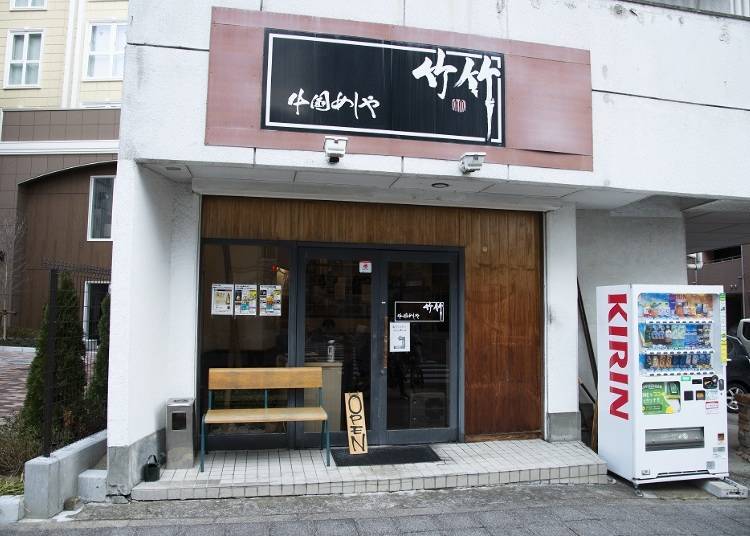
To find Chinese Restaurant Chiku Chiku, head southeast along Atagokamisugi-dori Ave from the west exit of Sendai Station and turn right at the corner of Itsutsubashi Park. Continue for around 400 meters, and you’ll find the restaurant on your right.
The manager is the friendly Yasufumi Endo, who trained at a Chinese restaurant in the neighboring prefecture of Yamagata before venturing out on his own in 2006.
He created dishes through trial and error, aiming to design a menu that would draw customers back time and time again, while balancing it with a reasonable price.
Through his efforts, Chiku Chiku has become a local sensation, drawing in hordes of patrons for both lunch and dinner.
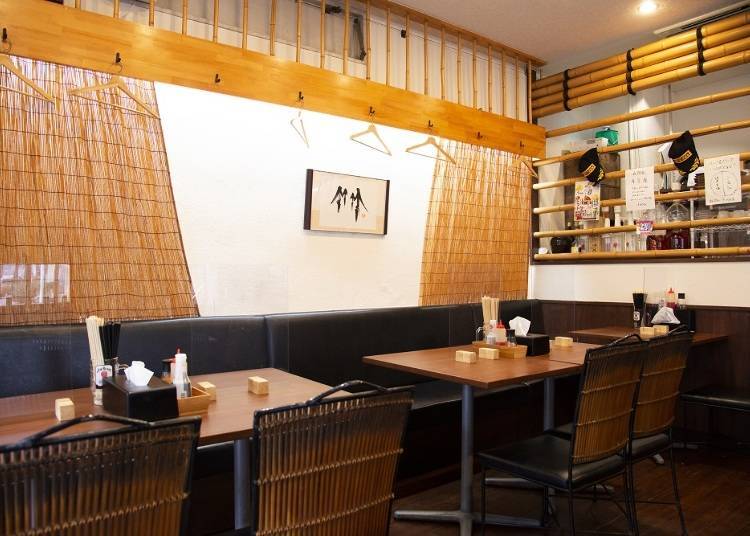
While the 17 seats inside the restaurant make it quite snug, the spaces between them are surprisingly wide, giving everyone plenty of room. As per the name “chiku,” which means “bamboo” in Japanese, the walls are adorned with stylish bamboo decorations.
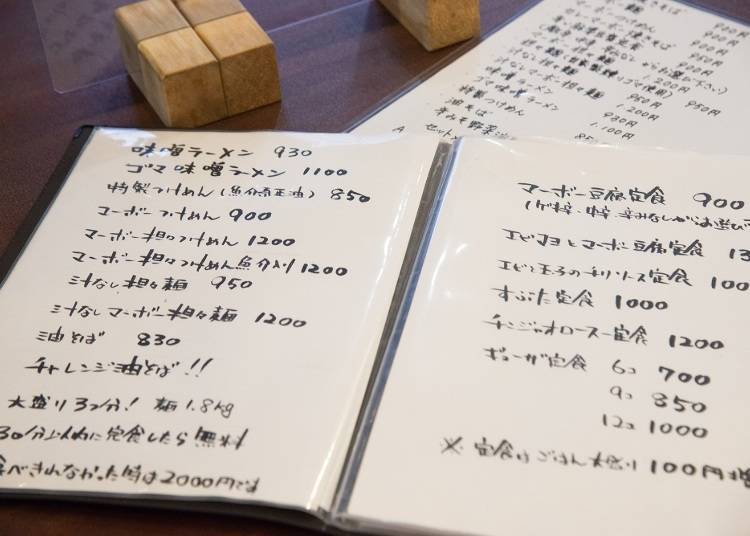
Taking a seat and opening up the menu, we were presented with a sizable 16 choices, including sets. You can also add gyoza, rice, and more, to your lunch meal if you’re extra hungry.
Unfortunately, the menu is currently in Japanese only, and there are no pictures. If you can’t read Japanese, we recommend showing a picture of what you want on your phone to the staff, or using simple English to order.
In addition to dishes served during lunch, the dinnertime menu also includes chahan fried rice, pepper steak, finger food to have with drinks, and plenty more. You can also enjoy “all-you-can-drink” alcohol for 60 minutes from just 900 yen, making for a satisfying dinner for well under 3,000 yen.
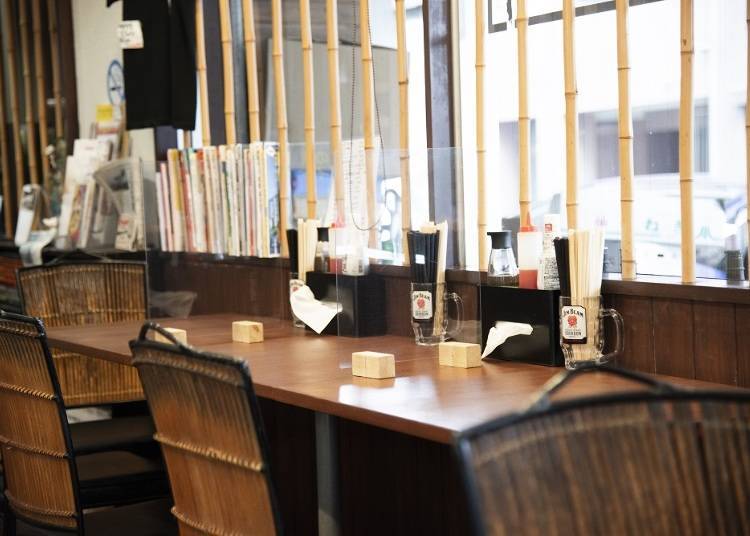
From Simple Meals for Staff to a Representative Dish
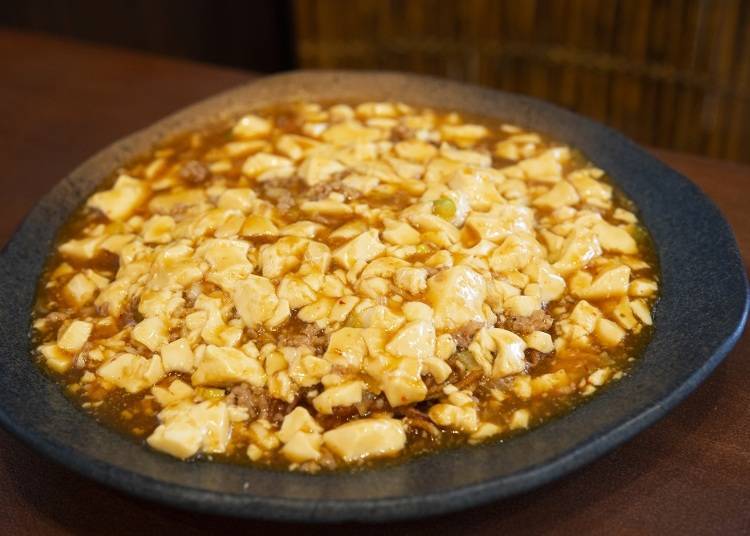
Mapo yakisoba, the restaurant’s signature dish, was originally prepared and eaten by the staff of Chinese restaurants in Sendai for dinner while on the job.
It combines the ever-popular meals of mapo tofu, made from tofu flavored with Chinese chili paste and more fried with minced meat, and yakisoba, a noodle dish fried together with several ingredients.
Yasufumi Endo began serving mapo yakisoba to customers on the house, quickly giving it a tasty reputation to eventually become an official dish on the menu.
Soon, most of his customers were ordering it, and it was even featured on TV programs and magazines as the “soul food” of Sendai.
Once a well-kept local secret, mapo yakisoba exploded into popularity throughout Japan, becoming one of the most iconic dishes of Sendai.
Nowadays, visitors can find mapo yakisoba at numerous Chinese restaurants across Sendai, with locals and tourists alike prowling for the city’s most delicious rendition.
We Took a Peek in the Kitchen!
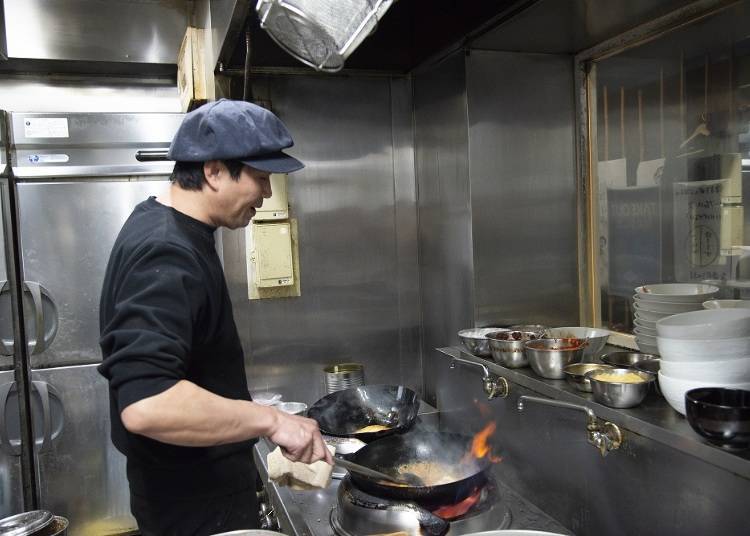
For this article, we were granted an up-close look at how mapo yakisoba is cooked.
First, the Chinese noodles are mixed with oil and slowly fried on both sides. More oil is poured on top, and they are thoroughly fried until crunchy.
At the same time, mapo tofu is prepared by first frying up some minced meat in a separate wok. This is then flavored with an original assortment of spices, including doubanjiang chili paste and more. These spices are what make or break the perfect mapo yakisoba.
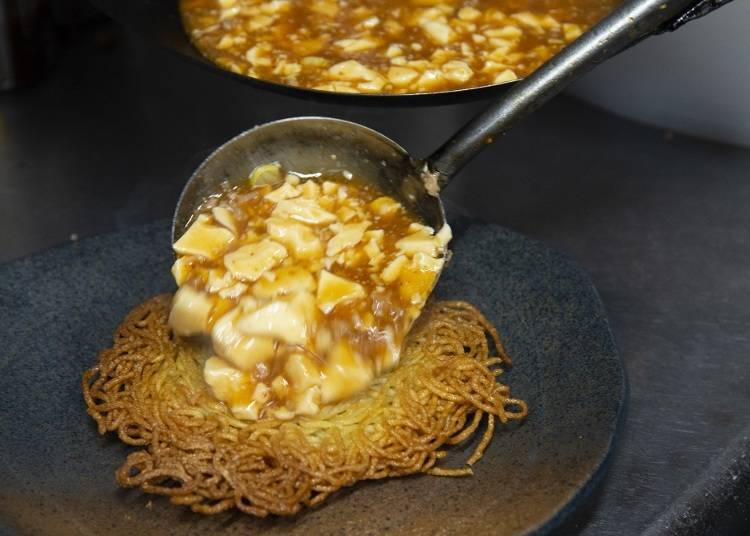
After the tofu has thoroughly absorbed this soup of spices, extra thickness is added with potato starch. This delicious mixture is then placed atop the noodles and immediately served.
Let’s take a bite!
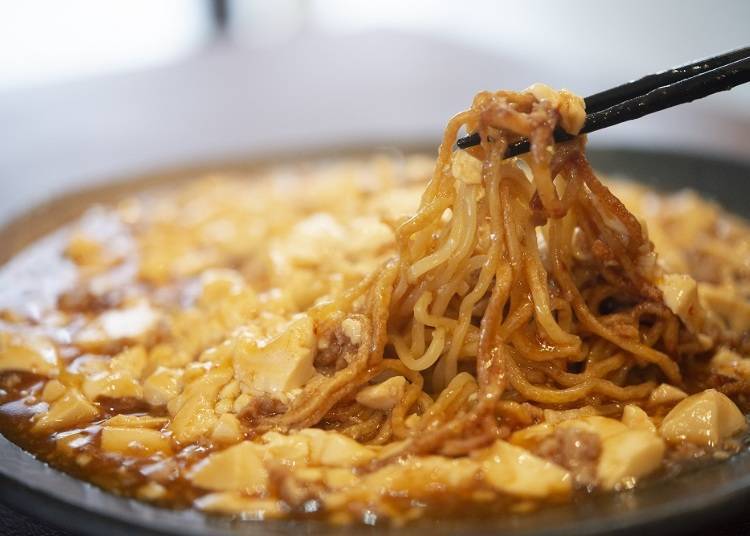
Almost spilling off the plate, our mapo yakisoba was ready in no time!
While Japanese yakisoba is generally fried together with ingredients like cabbage, pork, and bean sprouts with sauce, mapo yakisoba is instead served with tofu, green onion, and minced meat with a spicy sauce.
These noodles are also fried for longer, giving them extra crunch. While seemingly a Chinese dish, Sendai has given it a unique spin to create a fresh local flavor.
Taking a bite, the first flavor we tasted was the mild sweetness of the noodles, followed by the tingling of the spicy sauce.
The Japanese pepper added a stimulating jolt tying the dish together. While the fried noodles had a satisfying crunch on the outside, the inside was soft and squishy, giving us the best of both textures.
Doused in a rich sauce, the dish was voluminous and hearty. Shoveling in mouthful after mouthful, we polished it off in no time!
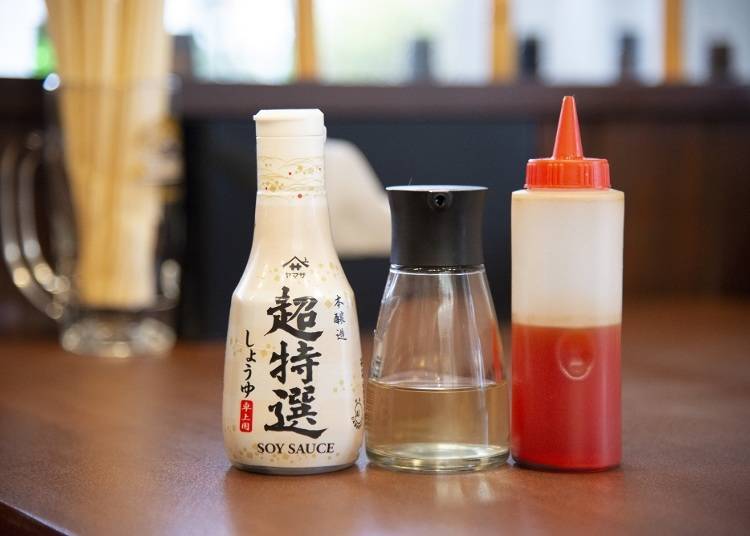
Adding some vinegar, the rich, thick mapo tofu became surprisingly light, while the intrinsic flavors were amplified.
Sesame Miso Ramen - Brimming with flavor!
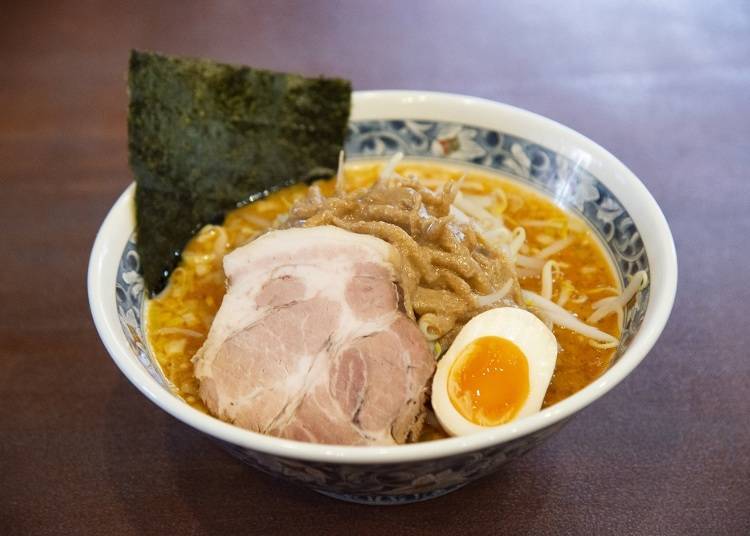
The owner also highly recommends trying the “Sesame Miso Ramen,” which we also ordered. This mouthwatering bowl is the pride and joy of Yasufumi, who perfected it after years of experimentation.
The mellow miso soup is enhanced by a hefty helping of white sesame paste, culminating in a brand-new, innovative style of ramen. The paste itself is also an original creation, made from high-quality white sesame seeds ground until smooth.
We recommend gradually adding the paste and letting it melt in the soup as you eat. This will allow you to appreciate the evolving flavor and heightened fragrances as the ramen grows more complex.
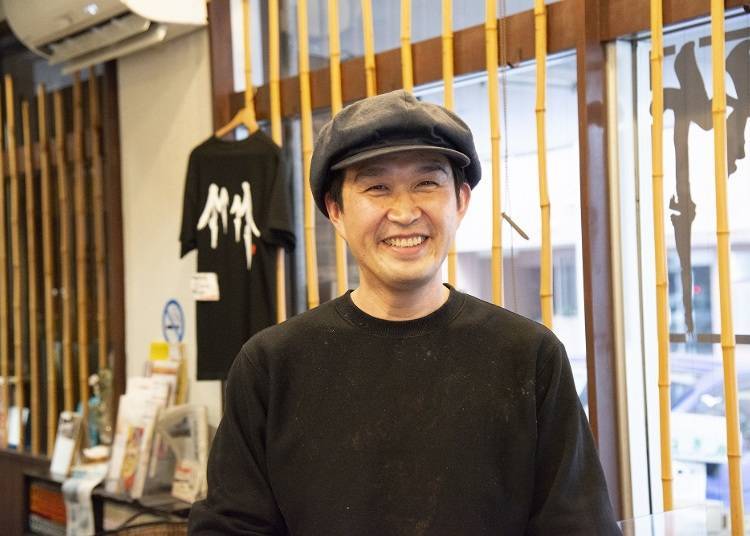
While Chinese Restaurant Chiku Chiku lacks English menus and bilingual staff, many exchange students and expats from around Sendai frequently visit for a taste of their hearty, nourishing dishes.
The staff are all welcoming and friendly, so don’t hesitate to pop in and begin uncovering the local flavors of Sendai!
Health & Safety Measures
Indoor disinfection measures taken - Sanitizer installed - Disinfected after each guest leaves - Ventilation measures in place - Coin trays used - Plastic partitions installed - Staff wear masks, gargle, wash hands regularly, and monitor body temperature - Entry declined to anyone who is feeling unwell - Masks required/temperature check enforced
-
Chinese Restaurant Chiku Chiku中国めしや 竹竹
- Address 2-22 Kitamemachi, Aoba Ward, Sendai, Miyagi 980-0023
- Phone Number 022-721-7061
・Hours: 11:00 a.m. - 2:00 p.m., 5:30 p.m. - 9:00 p.m. (Saturday is only open for lunch, night-time hours are irregular)
・Closed: Sundays, public holidays
Text by: Shoe Press
*This article is accurate as of April 2022. Confirm the latest information on official websites before making plans.
- Area
- Category
*Prices and options mentioned are subject to change.
*Unless stated otherwise, all prices include tax.
Popular Tours & Activitiess
Recommended places for you
-
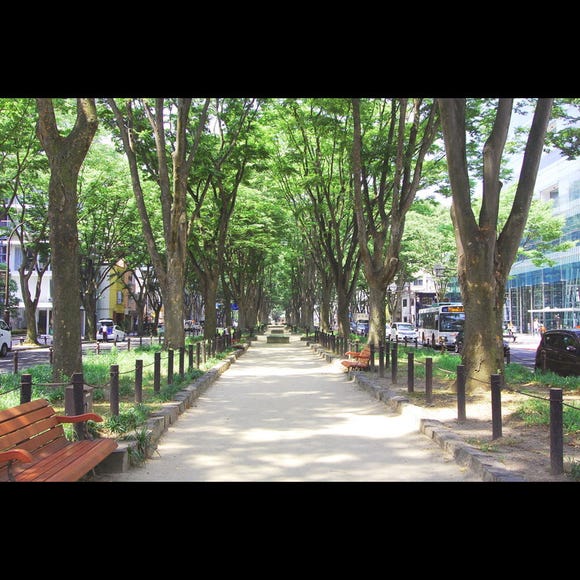
Jozenji Street
Other Townscapes
Sendai And Matsushima
-

Koiwai Farm
Other Nature
Morioka, Hiraizumi And Hachimantai
-

Nikka Whisky Sendai Distillery
Culture Experience
Sendai And Matsushima
-
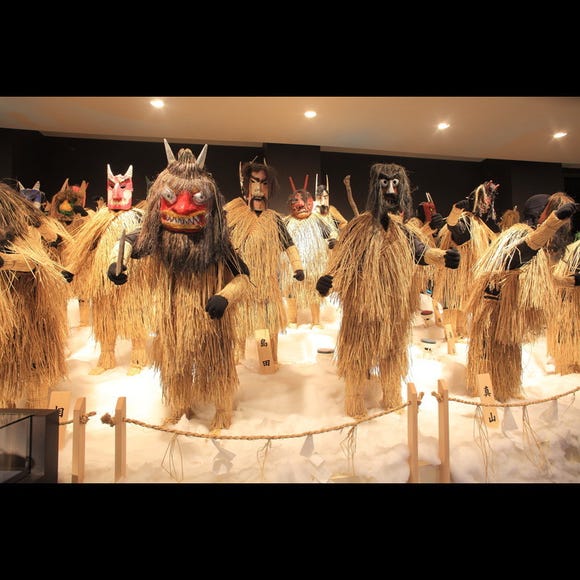
Namahage Museum
Other Museums
Surrounding Areas Of Akita
-
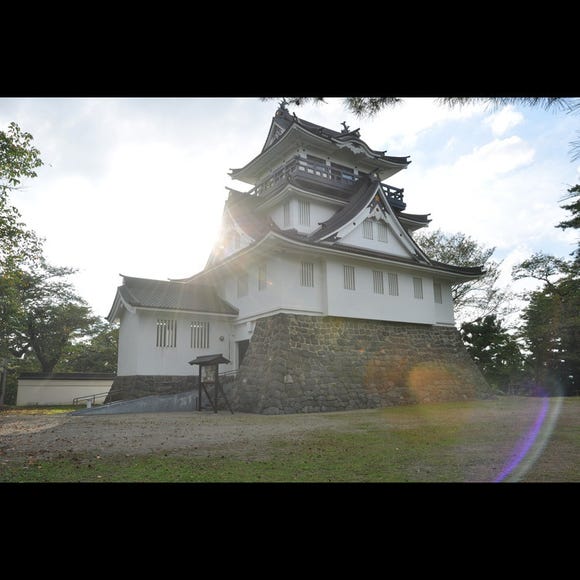
Yokote Park
Parks
Surrounding Areas Of Akita
-

Jiraiya
Other Japanese Food
Sendai And Matsushima
-
Ad

Why Fukushima is the Next Big Food Destination in Japan The Foodie Paradise Only 90 Minutes from Tokyo
-

Aomori's Quiet Side in Autumn: 5 Scenic Spots in Hachinohe According to a Local
by: Marco Blasco
-
Ad

Explore Samurai City Aizu-Wakamatsu: Your Full Guide to History, Nature, and Culture
-

Niigata Sake no Jin 2026: Guide to Japan's Most Legendary Sake Weekend
-
Ad

Scandinavian Brands Meet Harajuku: Inside Japan's Only Flagship Stores for Haglöfs and D_b_
-

8 Luxury Tohoku Ryokans: Private Onsen, Gourmet Wagyu, and Winter Views
by: Sae Haneda
-

Ultimate Tokyo Transit Guide: JR, Subways, and Private Railways Explained, Plus Suica/PASMO and Money-Saving Passes
-

Morioka's 'Three Great Noodles': A Gourmet's Guide to Taste, Tradition, and Must-Visit Eateries
-

Autumn in Japan 2026: Fall Foliage Forecast & Where to Enjoy the Colorful Leaves (+Tour Info)
-

Top 10 Japanese Rice Crackers & Snacks by Kameda Seika - Japan’s Leading Rice Snack Maker!
-

What to Pack for Japan: 8 Essential Things for a Hassle-Free Trip
-

Japanese Foods List: 16 Crazy Tasty Japanese Tohoku Region Dishes You've Never Heard of
by: Guest Contributor













